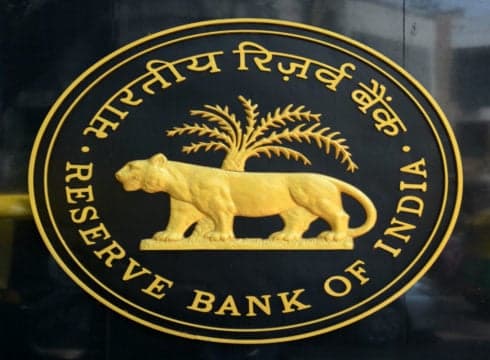Deputy governor of RBI BP Kanungo gave assurance to the industry representatives
The Indian government released draft data localisation rules in December 2018
Since then, it is facing a backlash from the US, EU and industry bodies like Nasscom
Inc42 Daily Brief
Stay Ahead With Daily News & Analysis on India’s Tech & Startup Economy
RBI (Reserve Bank of India) will examine issues of the companies related to data localisation, said Piyush Goyal, the commerce and industry minister in a media statement on Tuesday. The statement was issued after a meeting with tech and ecommerce industry representatives over concerns on the data localisation norms proposed by the government.
“All the companies who were represented in this meeting put forth their concerns related to RBI data storage requirements and processing-related guidelines issued by the RBI. Deputy governor of RBI, BP Kanungo assured the industry representatives that the Reserve Bank of India will look into this,” he added.
The Indian government released draft data localisation rules in December 2018, which calls for internet companies to store data in Indian servers without creating mirror sites overseas. Since then the debate is on between players like Wipro, Paytm, Reliance (in favour) and foreign companies such as Mastercard, Amazon (looking for more clarity) as well as Nasscom among others.
In May this year, concerns related to ecommerce, data localisation and data protection were the main focus of discussion between India’s Suresh Prabhu, the former minister of commerce and industry and Wilbur Ross, the US secretary of commerce during Indo-US bilateral talks.
The US had criticised both India’s data localisation and national ecommerce policy drafts, claiming that certain policy proposals are discriminatory and trade distortive. The US government is also of the view that India lacks the required infrastructure to be able to save its companies’ data. To which, India had expressed its sovereign right over the data produced within the country.
Not only this, according to a November 2018 report by Inc42, the European Union (EU) described data protection bill as India’s very own General Data Protection Regulation (GDPR) — an EU framework of data protection norms that went live in May 2018.
Issues were also raised around the draft ecommerce policy that mandates local storage and processing of data generated by users in India from various sources including e-commerce platforms, social media and search engines.
“However, Kanungo emphasised that data of Indians and foreigners residing and doing business in India has to be localised and even if any data has to be sent abroad for processing, it should be brought back and deleted,” the report added.
The commerce minister further said that The Ministry of Electronics and Information Technology (MeitY) and the National Association of Software and Services Companies (Nasscom) may deal with the concerns of companies who build products in India and store their data in the country and the bill must reflect this.
{{#name}}{{name}}{{/name}}{{^name}}-{{/name}}
{{#description}}{{description}}...{{/description}}{{^description}}-{{/description}}
Note: We at Inc42 take our ethics very seriously. More information about it can be found here.


